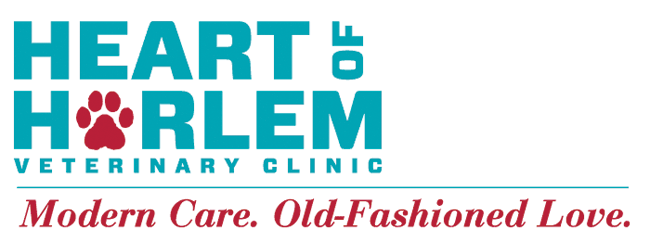Library
-
Getting a new puppy is an exciting time and there is no perfect science to picking the perfect puppy. Have a brief look over them physically with their littermates as well as seeing how they interact together and with you. Be sure to take your puppy to a veterinarian as soon as possible to check for any health problems.
-
Chronic bronchitis (also known as chronic obstructive pulmonary disease or COPD) is a slowly progressing inflammatory condition of the lower airways. The most common sign is a chronic dry cough. The diagnosis, treatment, and prognosis are outlined in this handout.
-
This handout summarizes the normal function of the dog heart, and outlines the abnormalities and changes associated with degeneration of the four different valves found in the heart. An explanation is provided of clinical signs associated with valve disease, as well as the recommended tests and treatments for this condition. Staging of heart disease is also discussed.
-
Chronic hepatitis is a progressive inflammatory liver condition. Although there are many potential causes, often the underlying cause is not identified. Initially there may be no clinical signs but as liver scarring increases, signs can include decreased appetite, vomiting, diarrhea, abnormal bleeding and a bloated appearance. Diagnosis, treatment and prognosis are discussed.
-
The kidneys have many functions. They are primarily responsible for removing waste from the body and unfortunately in some dogs they will begin to fail at this task. Various tests will be done to determine the stage of kidney disease. Treatment will be recommended to help preserve the remaining kidney function and improve quality of life. Most dogs will respond well to treatment and can live a good life.
-
Chronic lymphocytic leukemia is a slowly progressing cancer of a type of white blood cell called a lymphocyte. It can develop at any age but is more typically detected in middle-aged to senior dogs. It also seems to be more prevalent in German Shepherds and Golden Retrievers. This disease is often asymptomatic and detected on routine lab screening. Further diagnostic procedures, as well as treatments and prognoses, are described in this handout.
-
Cimetidine is given by mouth and is used off label in cats, dogs, small mammals and horses to treat various gastrointestinal conditions related to acid production, such as ulcers and reflux. Side effects are uncommon and have not been documented in animals. Do not use in pets that are allergic to it or other histamine2 blockers.
-
Ciprofloxacin ophthalmic (brand name Ciloxan(R)) is an antibacterial agent used in the treatment of eye infections in dogs and cats. Its use in dogs and cats is off label or extra label. This medication should not be used in dogs that are allergic to quinolones. Some medications may interact with ciprofloxacin, so it is important to tell your veterinarian about any medications that your pet is taking. If a negative reaction occurs, please call your veterinary office.
-
Ciprofloxacin is a systemic fluoroquinolone antibiotic used to treat bacterial infections. It is often given by mouth, but an injectable form is also available. The most common side effect is gastrointestinal distress, but other side effects are possible. It is contraindicated in young or dehydrated pets, or in pets with liver or kidney disease. It should not be the first-choice fluoroquinolone for veterinary patients.
-
Cisapride is used off label and is given by mouth to treat gastrointestinal motility disorders in cats, dogs, and small mammals. Common side effects include vomiting, diarrhea, and abdominal discomfort. Do not use in pets that are allergic to it or in pets with conditions that would be made worse by increased intestinal movement. If a negative reaction occurs, please call your veterinary office.



